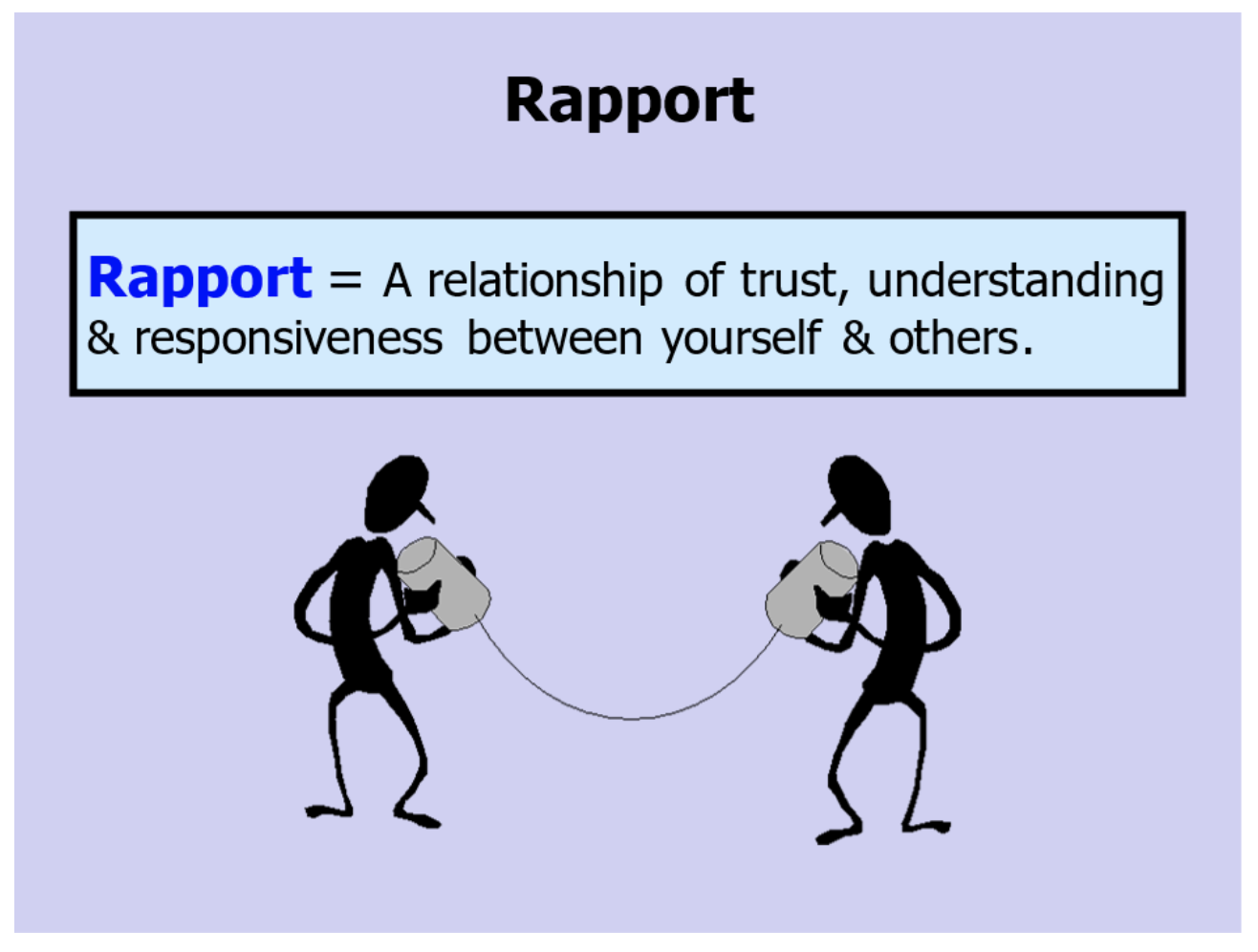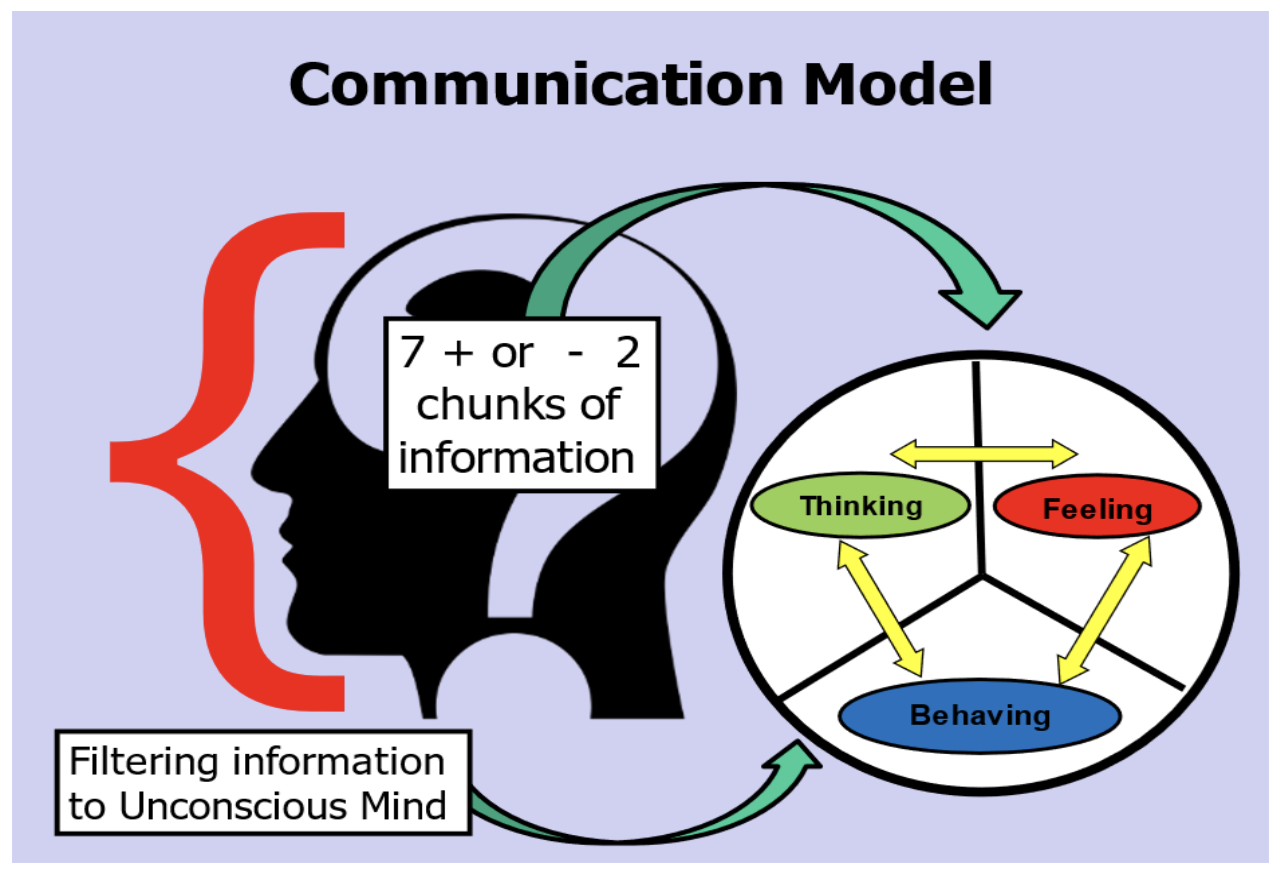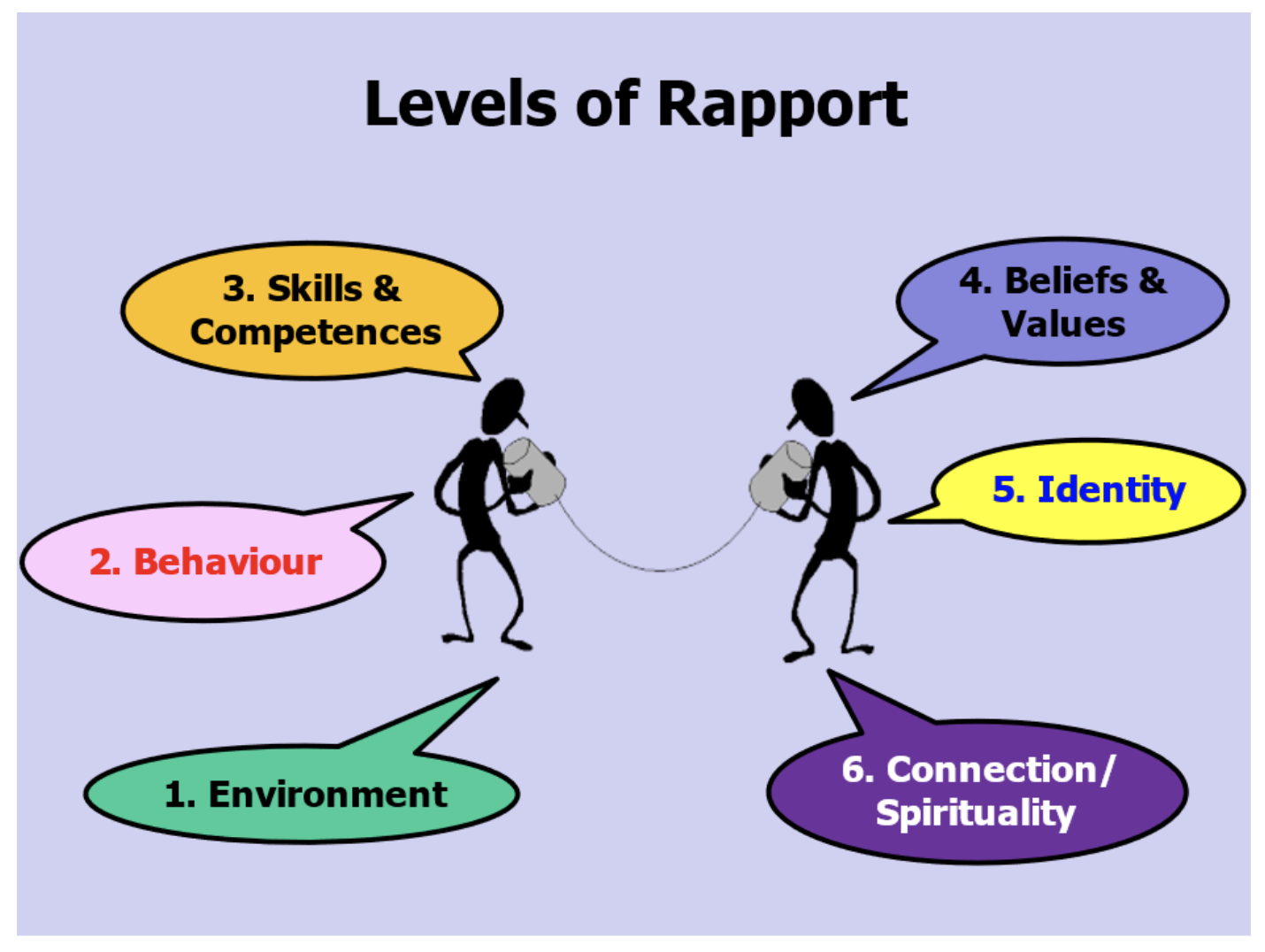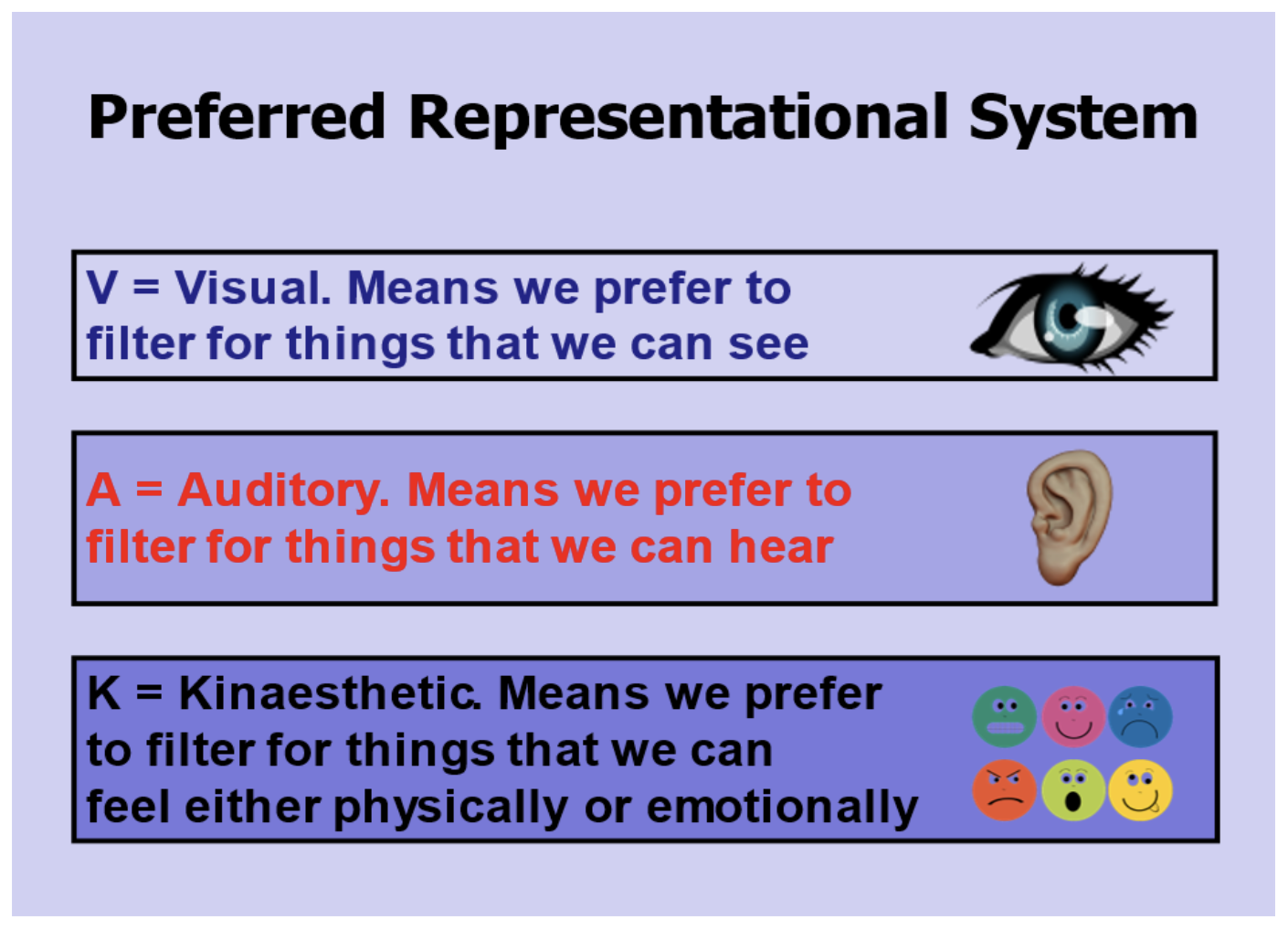18
MENTAL HEALTH PROMOTION
MENTAL HEALTH PROMOTION
Содержание
This Learning Playlist is part of the international training course Mental Health Promotion in the Youth Field. There are 3 parts to this training.
Before the Mobility
Participants of this international training course are requested to prepare by doing some research into the NLP that we will use as a model for our learning about Mental Health Promotion. They do this through the Learning Activities:
- What is NLP
- History of NLP
- NLP and System Theory
The First Part of the Mobility
For the first 6 days of the Mobility, participants will experience youth work activities and reflect on their learning from that day using the following Learning Activities:
- Change the world, Change your mind
- Step by Step to great Rapport
- Sensory Acquity, Mind-reading for beginners
- Building the Picture, Setting the Outcomes
- Tools and techniques - 1
- Tools and techniques - 2
The Second Part of the Mobility
Participants will transfer their learning into (digital) learning activities for the people they work with and participate in a youth work market with local youth work organisations.
LifeComp competence framework
To support recognition of non-formal learning and to support the development of the “Personal, Social and Learning to Learn” skills within youth work we make in this training an connection between the learning happening during the training and the LifeComp Competence Framework.
Spcifically will be worked on the following skill zones: flexibility, growth mindset, critical thinking, collaboration, self-regulation, communication, empathy, well-being and managing learning.
Open Badges
In each Learning Activity and for the total Learning Playlist participants can earn Open Badges. Sometimes the badges will be issued via checking evidence by accredited NLP practisioners, other times via international trainers and also via self-assessment by the earners itself.
This project is co-funded by ErasmusPlus
Мероприятия для завершения
Выполняйте задания в треках ниже, получайте бейджи и наблюдайте за своим прогрессом
Содержание
Welcome back to your Badge Journey of the international training course Mental Health Promotion in the Youth Field, day 2.
Today we’d like you to take some time to reflect on the work we have done to start to understand the skills we can learn to build even better Rapport in our Youth Work and the importance of this to promote mental health in young people.

Here’s a quick review of our work today:
The Communications Model: We started with this Model and how our minds are separated into the “Conscious” and Unconscious” Parts. You might remember that the Conscious Mind thinks it’s in-charge and how that can lead to problems…

Levels of Rapport: We went on to look at the different steps to building great rapport.

V.A.K: We spent some time thinking about our 3 main “Representational Systems” and how our awareness can help us to build Rapport with young people.

Получить бейдж за трек
Step by Step to Great Rapport Получить бейдж
This badge is a reflection tool for the second day of our International training course Mental Health Promotion in the Youth Field when we focussed on building and maintaining rapport with young people.
It is based on the work we have done together to:
- Find out what rapport is and how to build it
- We explored the Communications Model and how it fits in with the work we did yesterday on the Mercedes Model
- Understand the 3 main Preferred Representational Systems and how we use those in our work to build rapport
The holder of the badge will have worked either on their own or in a small group to reflect on the questions:
- how the day has gone
- what has been learned
- how to use this in your youth work
- how to use it else.
The questions are designed to optimise generative learning: they are not just about what the participant has learnt but also how they can use the learning in their work and personal life.
- L1.2: Understanding that learning is a lifelong process that requires openness, curiosity and determination,
- L3.2: Planning and implementing learning goals, strategies, resources and processes,
- L3.3: Reflecting on and assessing purposes, processes and outcomes of learning and knowledge construction, establishing relationships across domains,
- P1.1: Awareness and expression of personal emotions, thoughts, values, and behaviour,
- S1.1: Awareness of another person’s emotions, experiences and values, and
- S2.1: Awareness of the need for a variety of communication strategies, language registers, and tools that are adapted to context and content.
Задания
Задание номер 1
Доказательства проверены: од_на организатор_ка мероприятия
- How has today gone for you?
- What have you learnt?
- How can you use this in your youth work?
- How else can you use it?
Умения
#Mental Health Promotion
ESCO
#campaign for youth work in the local community
LIFECOMP
#Flexibility
LIFECOMP
#Growth mindset
LIFECOMP
#Critical thinking
ESCO
#develop international cooperation strategies
ESCO
#give massages
LIFECOMP
#Collaboration
LIFECOMP
#Self-regulation
ESCO
#communicate on the youth's well-being
ESCO
#talk with the selected community
ESCO
#work in partnership with social services users
ESCO
#relaxation methods
ESCO
#seek innovation in current practices
ESCO
#check story
LIFECOMP
#Communication
LIFECOMP
#Empathy
LIFECOMP
#Wellbeing
ESCO
#promote mental health
LIFECOMP
#Managing learning
Мероприятия: 17
Начато: 56
Завершенный плейлист: 12
Время на выполнение: 16 дней 9 часов 15 минут
Поделиться:
Организаторы
Cities of Learning Network
Badge issuer recognized with
Badgecraft размещает эту платформу и разрабатывает ее вместе с ведущими образовательными организациями. Программа Европейского Союза Erasmus+ выделила софинансирование для создания первой версии этой платформы. Свяжитесь с support@badgecraft.eu.
Исследовать
Изменить язык:

